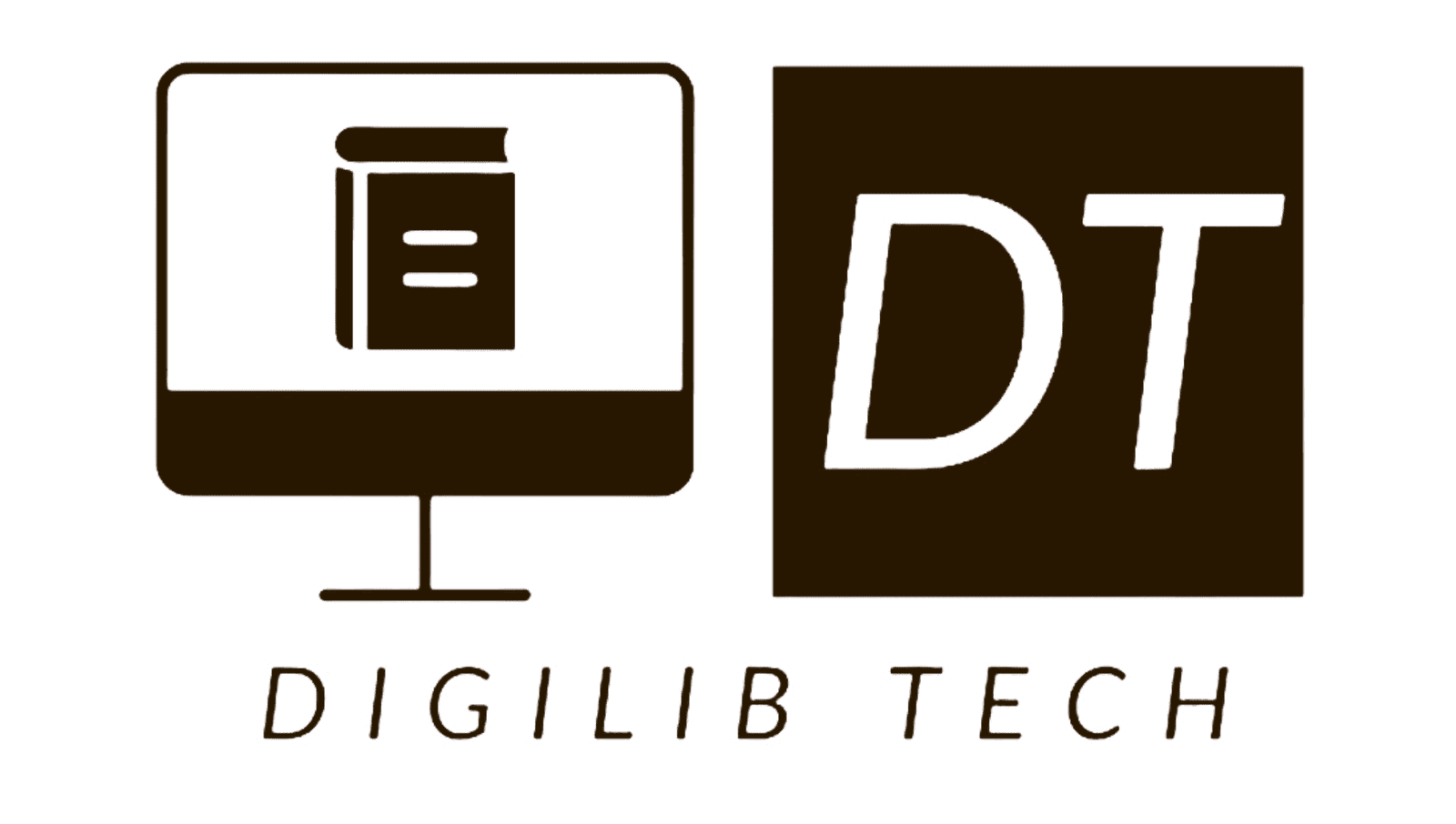Self-improvement, as a concept, refers to the conscious act of enhancing one’s knowledge, skills, and character to foster personal growth and well-being. In the contemporary, fast-paced world, the pursuit of self-improvement is increasingly recognized as vital for achieving fulfillment in various aspects of life. It encapsulates emotional, intellectual, and social dimensions, emphasizing a holistic approach to personal development.
Emotionally, self-improvement is crucial as it enables individuals to better understand and manage their feelings, leading to improved mental health and resilience. Cultivating emotional intelligence— the ability to recognize, understand, and influence one’s own emotions and those of others— serves as a foundation for developing meaningful relationships. The significance of fostering emotional well-being cannot be overstated, as it directly impacts both personal happiness and the ability to connect with others.
Intellectually, self-improvement encourages continuous learning and skill enhancement. In a rapidly evolving job market, individuals who prioritize personal development often find themselves better positioned to adapt to changes and seize new opportunities. Whether through formal education, self-study, or engaging with diverse viewpoints, intellectual growth is integral to navigating modern challenges and contributing constructively to society.
Socially, self-improvement involves the cultivation of interpersonal skills and community engagement. By improving one’s ability to communicate effectively and empathize with others, the individual not only enhances their personal relationships but also plays a crucial role in building stronger communities. As people invest time in self-improvement, they contribute positively to collective well-being, fostering collaboration and mutual respect.
Ultimately, self-improvement is essential for achieving a fulfilling life. It paves the way for personal satisfaction while enhancing interpersonal relationships and community involvement. Recognizing its importance can inspire individuals to embark on their journey toward growth and resilience.
Setting Goals for Success

Establishing clear and achievable goals serves as a fundamental cornerstone in the journey toward self-improvement and personal growth. The process of goal setting enables individuals to identify their aspirations and provide direction for their actions. Goals can be broadly categorized into short-term and long-term objectives, both of which play distinct roles in the overall development journey. Short-term goals are typically specific, measurable, and easily attainable within a defined timeframe, while long-term goals often encapsulate broader, overarching aspirations that may take months or years to achieve.
One effective method for setting goals is the SMART criteria, which emphasizes that goals should be Specific, Measurable, Achievable, Relevant, and Time-bound. This framework facilitates thoughtful planning and enhances clarity, ensuring that the goals individuals set are realistic and aligned with their values. For instance, instead of stating, “I want to get fit,” a SMART goal might be, “I will exercise for at least 30 minutes, five times per week, for the next three months.” This specificity makes it easier to track progress and maintain motivation.
A practical strategy for managing larger objectives involves breaking them down into smaller, more manageable tasks. This approach not only makes the goal less overwhelming but also provides opportunities for celebrating small successes along the way. For example, if the long-term goal is to write a book, setting aside time each day to write a specific number of words can transform this ambition into a reachable target.
Moreover, consistently reviewing and tracking progress is essential for maintaining motivation. Regular assessment allows individuals to adjust their strategies, overcome obstacles, and stay focused on their goals. By implementing these goal-setting strategies, individuals can pave the way for continuous personal improvement and ultimately achieve greater fulfillment in their lives.
Cultivating Habits for Continuous Growth
The journey of personal growth is inextricably linked with the cultivation of effective habits, a process rooted in psychology that can significantly enhance one’s well-being. Understanding the psychology of habit formation is the first step towards creating a framework that supports continuous improvement. Research indicates that habits are formed through a cycle of cue, routine, and reward. Recognizing triggers that initiate behaviors is crucial for altering or establishing new habits that contribute to personal development.
To develop a consistent schedule for nurturing these habits, it is beneficial to start with small, manageable changes. Setting specific, achievable goals can provide direction and motivation. Utilizing tools such as planners or digital apps can aid in tracking progress, allowing individuals to see how small actions accumulate into significant transformations over time. Consistency is key; therefore, integrating habit-stacking—linking new habits to established ones—can provide an effective strategy to ensure persistence.
Moreover, stepping out of one’s comfort zone is essential for fostering resilience and adaptability. Embracing new challenges not only broadens one’s skill set but also promotes a mindset geared towards growth. Engaging with novel experiences can be intimidating; however, they are often where true personal development occurs. Building the courage to face uncertainties is critical for anyone seeking to advance in their self-improvement journey.
Mindfulness plays a pivotal role in reinforcing positive habits by enhancing self-awareness. Practices such as meditation and self-reflection enable individuals to evaluate their behaviors and thoughts critically. Journaling, in particular, can provide insights into one’s progress and challenges, serving as a powerful tool for emotional expression and processing. By integrating these practices, individuals can solidify their commitment to personal growth, ensuring that the journey towards self-improvement is both sustainable and fulfilling.
Embracing a Growth Mindset
The concept of a growth mindset, as introduced by psychologist Carol Dweck, is pivotal in the journey of self-improvement. A growth mindset refers to the belief that one’s abilities and intelligence can be developed through dedication, effort, and perseverance. This perspective allows individuals to embrace challenges, view failures as valuable lessons, and pursue lifelong learning. Adopting a growth mindset enables individuals to perceive obstacles not as setbacks, but as opportunities for personal growth.
In practice, cultivating this mindset involves several techniques that foster resilience and a positive outlook. One effective method is reframing negative thoughts. Instead of saying, “I can’t do this,” individuals can replace that thought with, “I can learn how to do this with practice.” Such cognitive reframing encourages a proactive approach to challenges, fostering an environment where learning is prioritized over perfection.
Additionally, seeking out constructive criticism plays a crucial role in developing a growth mindset. Feedback should be viewed not as a personal affront, but as a guiding light for improvement. Constructive criticism provides insights into areas that need enhancement and cultivates a spirit of openness to new ideas. Engaging with mentors or peers who provide honest feedback can significantly accelerate personal growth.
Surrounding oneself with supportive influences is also essential in nurturing a growth mindset. Social environments that encourage exploration, foster curiosity, and celebrate effort rather than just results can lead to enhanced motivation and commitment. Engaging with like-minded individuals can create a network that reinforces the principles of self-improvement, making the process more enjoyable and sustainable.
By embracing a growth mindset, individuals empower themselves to embark on a transformative journey towards self-improvement, positioning themselves to achieve greater well-being through adaptability and resilience.

